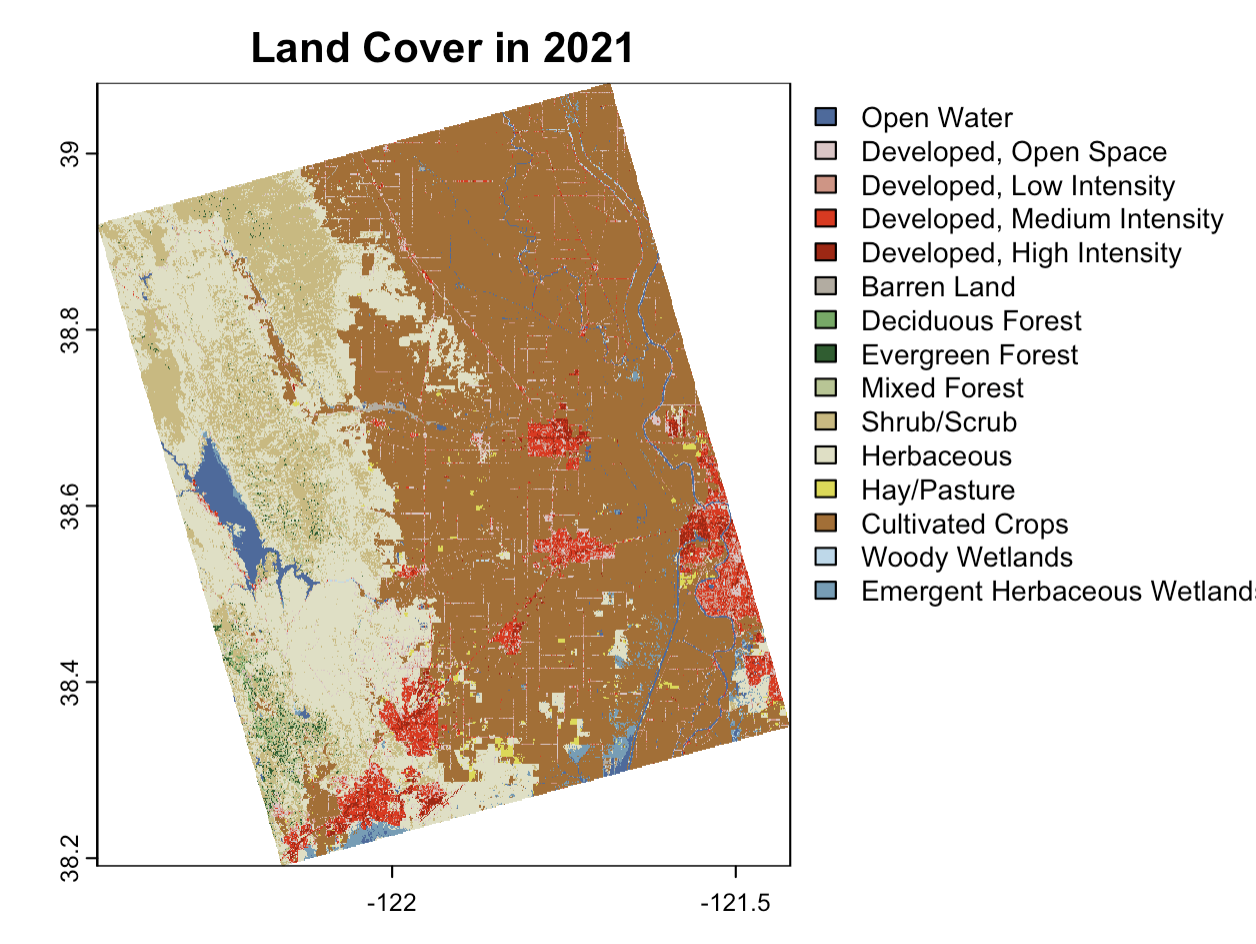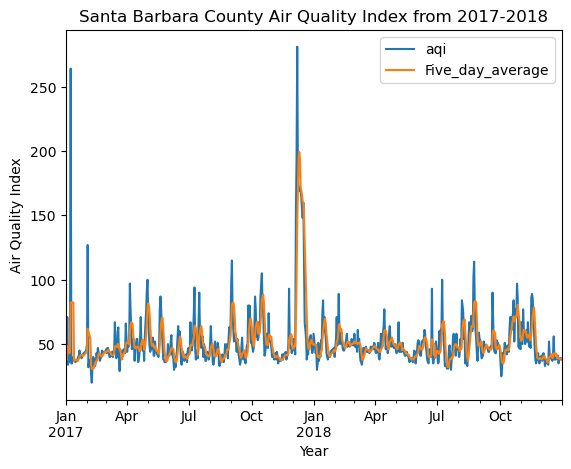Recent Certifications
Esri Massive Open Online Courses
GIS for Climate Action view certificate
Make an Impact with Modern Geo Apps view certificate
Recent Projects:
Capstone Projects
Understanding the Influence of Parameter Value Uncertainty on Climate Model Outputs
Climate models are computer simulations that attempt to replicate the complex interactions between Earth’s systems. Improving the accuracy of climate models relies on evaluating uncertainty and minimizing error. The Climate and Global Dynamics Lab at the National Center for Atmospheric Research (NCAR) has recently carried out a Parameter Perturbation Experiment (PPE) to understand how the uncertainty of parameter values affected the output of their model, the Community Land Model (CLM); which simulates terrestrial processes. While the necessary data for the PPE has been collected, the data is stored in a collection of files that are difficult to interpret in their current form. The current website hosts visualizations for a portion of the PPE data, but contains no visualizations for data that more closely simulates Earth system interactions. These issues can be mitigated by developing an emulator with the internal complexity to isolate a one-to-one relationship between a parameter and climate variable, then display the predicted relationship. A publicly available emulator with these capabilities will allow scientists to easily interpret complex climate model outputs and offer insights on parameter-variable relationships that are not being predicted accurately by the model; which can lead to increased accuracy and precision of climate models.
Development of a Solid State Fermentation Reactor for High-Value Protein-Enriched Feed from Almond Hulls
Each year 4.5 billion pounds of almond hulls are produced in California as a byproduct of the almond industry. Currently almond hulls are being used as feed for the dairy industry, but there is a need to find alternative markets. From previous research, it was discovered that the protein content of almond hulls could be increased from 4-6% up to 15% for use as poultry feed through solid state fermentation. The goal of this project is to scale up the fermentation process and design a bioreactor for fermenting almond hulls using M. Thermophila under controlled conditions. The bioreactor holds roughly 100 grams of almond hull substrate per batch and is kept at 50°C with a relative humidity of 70-90%. After 96 hours of fermentation and post processing, a feed product with an enriched protein content of up to 15% is produced.







